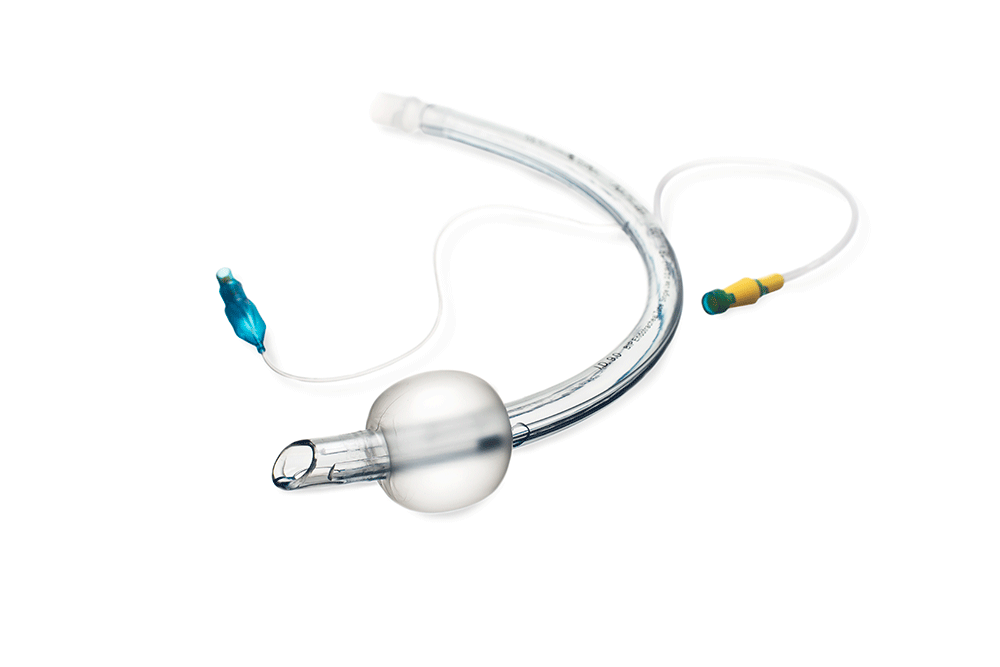The VITAL study, by Professor Pierre Damas and his team, is now published in the well renowned journal Annals of Intensive Care. The study shows a 53% reduction of ventilator-associated pneumonia with Bactiguard’s endotracheal tube. It was presented for the first time at the European Society of Intensive Care congress (ESICM) in October 2021.
“These are very important data for critically ill patients in need of mechanical ventilation. Ventilator-associated pneumonia (VAP) is an unwanted complication associated with increased hospital length-of-stay, increased costs and increased mortality. The study data indicates that by using a Bactiguard endotracheal tube the risk of this complication is significantly reduced”, says Professor Pierre Damas.
“We are very happy for this publication of the first well-designed study with clinical relevant endpoints on the Bactiguard endotracheal tube. The previous extensive evidence on the Bactiguard technology has been broadened, and to date we have seen meaningful clinical results regardless of application area”, says Stefan Grass, Chief Medical Officer and Deputy CEO.
The study was a randomized-controlled double-blinded study including 323 patients, either intubated with a Bactiguard endotracheal tube or a conventional tube (both with subglottic suctioning port). The number of VAP cases were 22.4 per 1000 ventilator days in the control group compared with 10.5 in the Bactiguard group which was just short of significance (p=0.07). The time to occurrence of VAP was significantly reduced in the Bactiguard group (p=0.02).
The VITAL study was presented for the first at the European Society of Intensive Care congress (ESICM) 2021, where it was selected as one of the top 6 best abstracts. It is now published in Annas of Intensive Care: https://rdcu.be/cEo77
About BIP Endotracheal Tube Evac
Bactiguard’s BIP ETT Evac is the only tube on the market that combines the subglottic secretion drainage with the clinically proven ability of the Bactiguard technology to reduce microbial adhesion The technology is based on a very thin noble metal alloy coating, firmly attached to the tube surface. When in contact with fluids, the noble metals create a galvanic effect which reduces microbial adhesion. This means that less bacteria adhere to the tube surface, which reduces the risk of biofilm formation leading to infection.
For more information, please contact:
Stefan Grass, Chief Medical Officer and Deputy CEO, mobile +46 70 725 24 48

